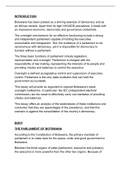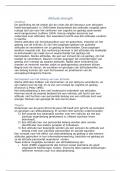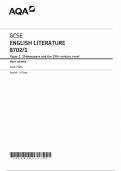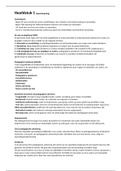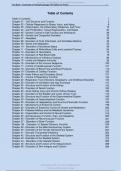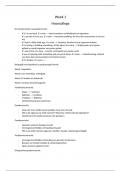Summary
Summary APC3701 - The Politics Of Southern Africa - Botswana's Elections
- Institution
- University Of South Africa (Unisa)
Write an essay in which you critically discuss the reasons why, according to Mogalakwe (2015), Botswana’s election management body (EMB) does not have the ability to ensure that elections in Botswana are fair
[Show more]
